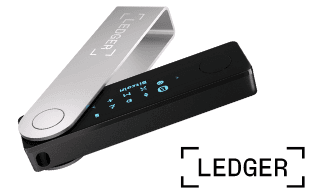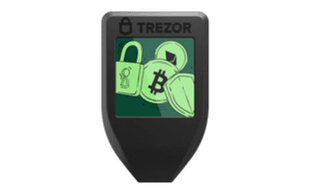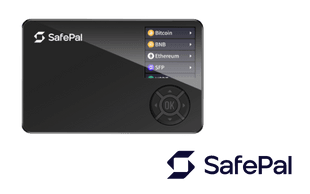What is Tether?
Tether, otherwise known as USDT, is a cryptocurrency built on the Ethereum blockchain and founded by a Hong Kong-based company, Tether Limited. Tether is anchored to the US dollar, where every tethered cryptocurrency issued in circulation is backed at a 1:1 ratio by US dollars.
USDT was designed so that the US dollar could be digitised and used on the blockchain by financial businesses, such as cryptocurrency exchanges, wallets, payment processors and financial services. USDT has several pairings, meaning that it can be used to purchase several other cryptocurrencies.
USDT intends to give companies an alternative to the traditional processes involved in exchanging and depositing fiat currency. Its team aims to help businesses manage customers' assets through cryptocurrency while enabling them to settle fiat balances between exchanges. This means that companies can exchange cryptocurrency funds faster, bypassing the process of converting in to and out of fiat currencies through the banking system.



